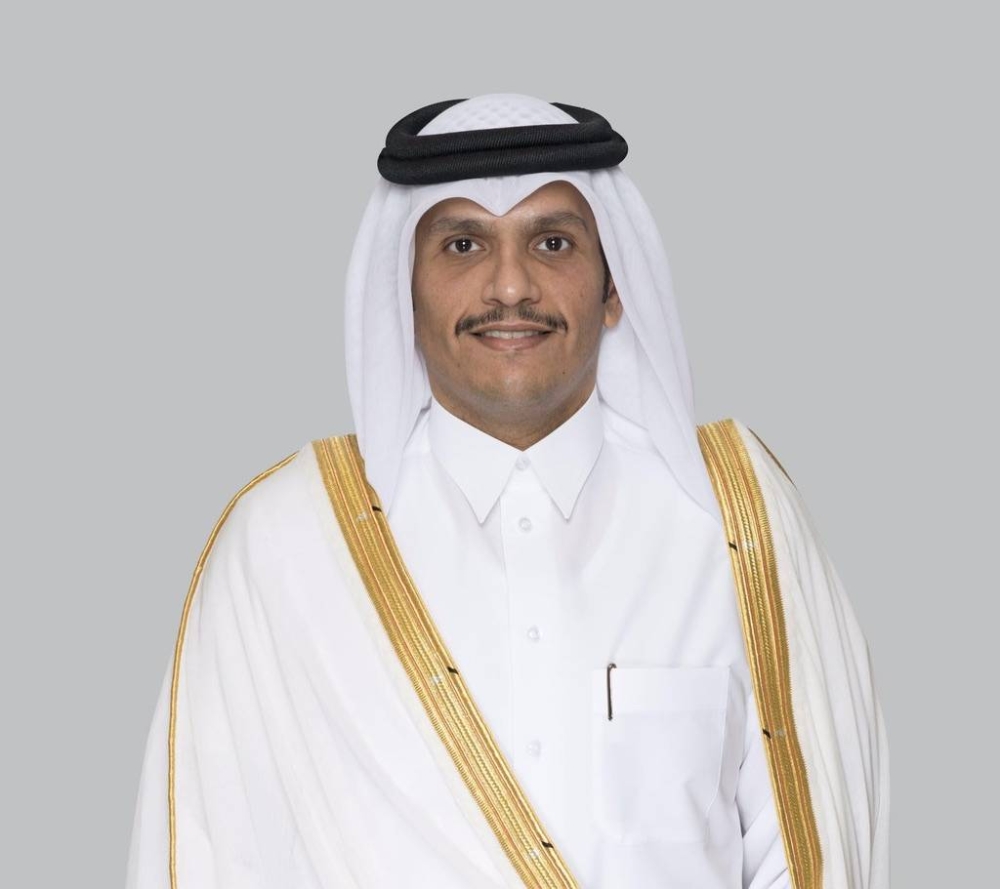Under the overarching theme of "Rebuilding Confidence," the 54th annual meeting of the World Economic Forum (WEF) is poised to convene in Davos, Switzerland, spanning the entire week from Monday to Friday.
Distinguished leaders from around the world will engage in thought-provoking discussions aimed at deciphering whether the year 2024 is merely an extension of past crises or an opportune moment for resolution and recovery.
HE the Prime Minister and Minister of Foreign Affairs Sheikh Mohamed bin Abdulrahman bin Jassim al-Thani will head Qatar's delegation to the forum. Qatar's consistent presence at this global event underscores its commitment, particularly in the context of regional developments and the state's core economic priorities.
An impressive assembly of more than 60 heads of state and government, including luminaries such as French President Emmanuel Macron, Argentine President Javier Milley, Chinese Premier Li Qiang, Ukrainian President Volodymyr Zelensky, Vietnamese Prime Minister Pham Minh Chinh, US Secretary of State Antony Blinken, and UN Secretary-General Antonio Guterres, will be joined by nearly 2,000 business leaders, the forum's 1,000 partner companies, civil society leaders, leading experts, young change-makers, social entrepreneurs, and members of the media.
The anticipation among participants is palpable, as they eagerly look beyond the challenges posed by the ongoing global pandemic and the economic turbulence of the last three years. However, with conflicts and tensions persisting in various regions, geopolitical issues are expected to command considerable attention during the discussions.
With a comprehensive agenda comprising over 200 sessions, the forum aims to delve into four key areas: Achieving security and cooperation in a fractured world; Creating growth and jobs for a new era; A long-term strategy for climate, nature, and energy; and Artificial Intelligence (AI) as a driving force for the economy and society. The potential for chaos or progress arising from the misuse of AI is also a focal point.
Economic observers emphasise the importance of leaders focusing their discussions on immediate measures for stimulating investments in 2024, laying the groundwork for a shared and prosperous future. This is particularly crucial for the younger generation globally and, notably, for the African continent, where youth make up about 25% of the population.
Traditionally, the forum serves as a backdrop for the sealing of numerous agreements and business deals behind closed doors, adding a layer of economic significance to the event.
In a recent statement, Klaus Schwab, the founder of the forum, highlighted the global community's current struggle with a divided world and increasing societal divisions, leading to heightened uncertainty and pessimism. Schwab stressed the imperative to rebuild confidence in the future by transcending crisis management, addressing the root causes of current issues, and collaboratively constructing a brighter and promising future.
WEF President Borg Brende echoed Schwab's sentiments, emphasising the need for innovative cooperation between the public and private sectors to transform ideas into actionable solutions at a time when urgent global challenges demand swift responses.

HE the Prime Minister and Minister of Foreign Affairs Sheikh Mohamed bin Abdulrahman bin Jassim al-Thani
